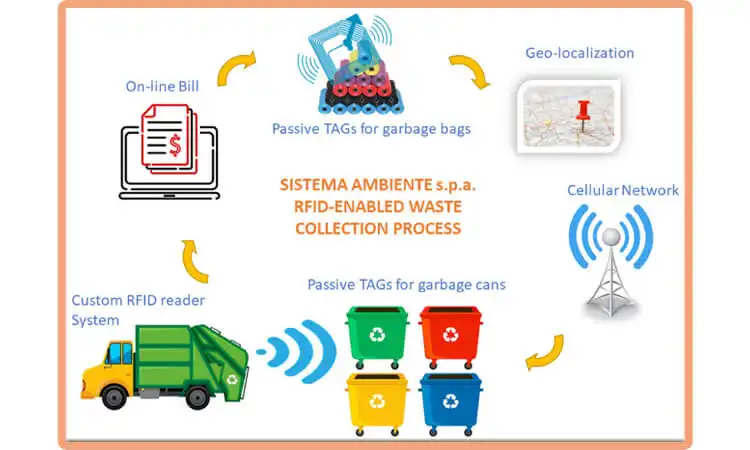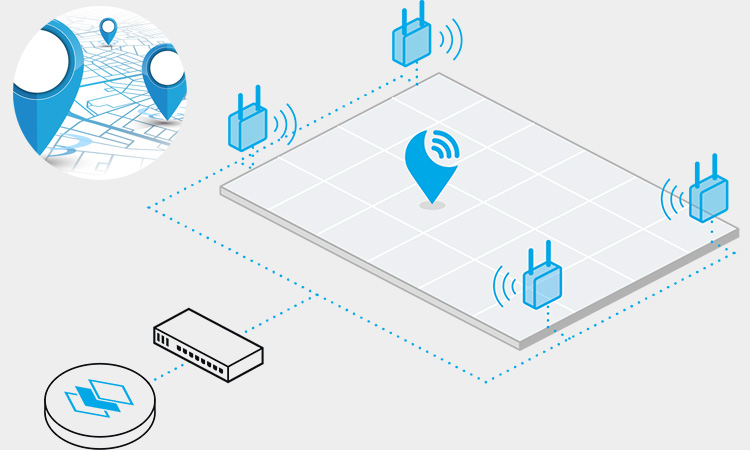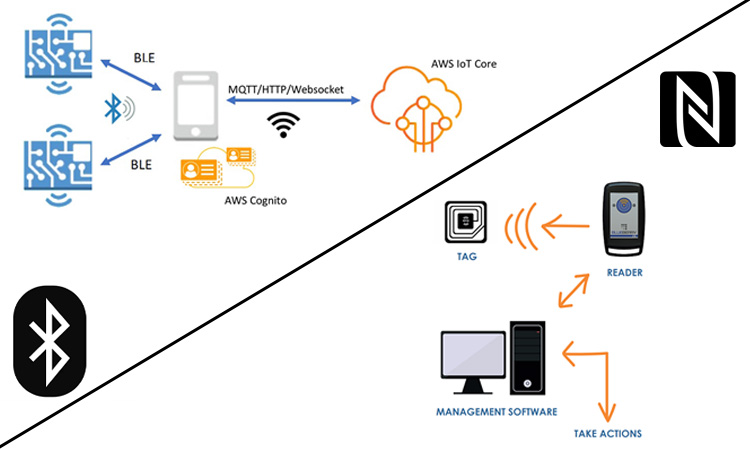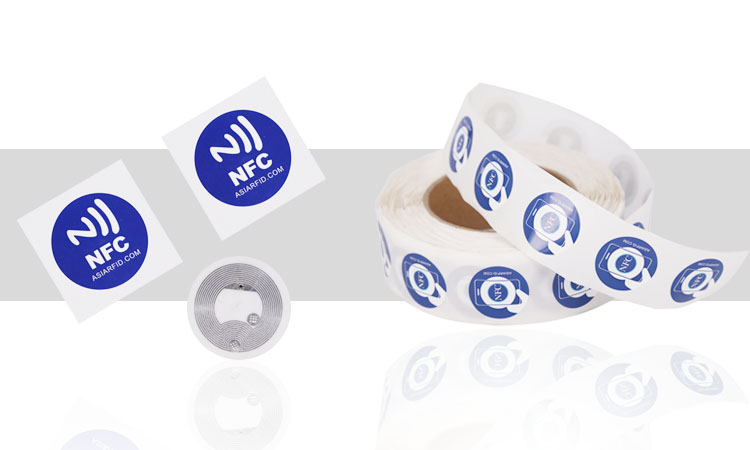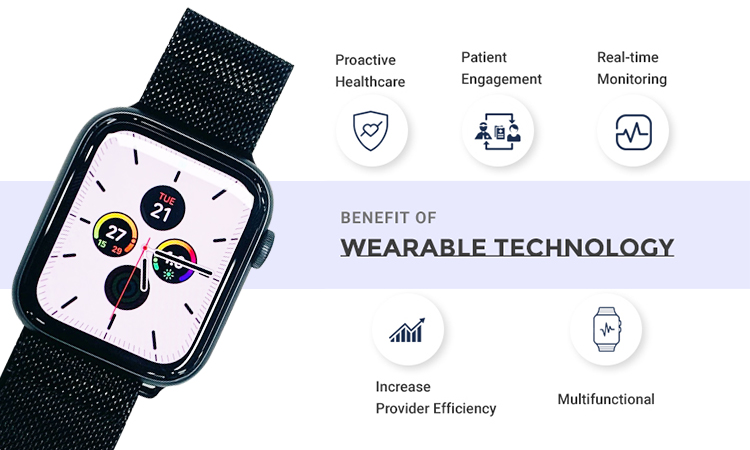Food waste is a significant global issue. Research indicates that one-third of all food produced for human consumption is lost or wasted, amounting to 1.3 billion tons annually. This waste not only has economic and environmental impacts, but it also has social consequences, as millions of people suffer from hunger and malnutrition. As a result, there is a growing need for innovative solutions to address this challenge. One promising technology is RFID food waste disposal systems, which use data-driven approaches to reduce waste and promote sustainability.
The Cost of Food Waste
Food waste is a global issue that has staggering economic and environmental costs. In the United States alone, up to 40% of all food produced is wasted yearly, resulting in a loss of around $218 billion. Globally, food waste costs $1.2 trillion annually while contributing to greenhouse gas emissions and climate change.
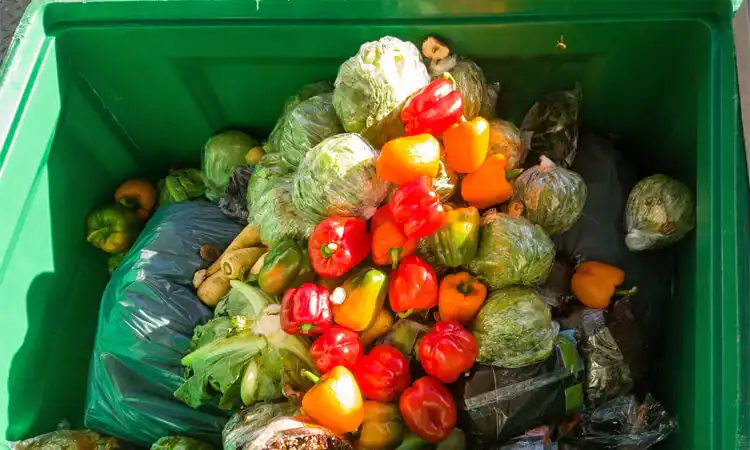
In addition to the economic and environmental impact, food waste also has social consequences. With 821 million people going hungry each day, roughly one-third of all food produced is lost or wasted. This waste represents a missed opportunity to tackle food insecurity and poverty.
A William and Mary study calculated the true cost of food waste in the United States, and the university’s food waste expert gave his thoughts
Food waste represents massive amounts of wasted money and needless environmental impact from wasted greenhouse gas emissions and energy
— Zach Conrad, assistant professor of nutrition in the Department of Kinesiology & Health Sciences at William & Mary
Reducing food waste is crucial for creating a sustainable and efficient food system. RFID-based food wastes management systems offer a data-driven approach to waste reduction, enabling organizations to track and optimize waste management processes. By leveraging real-time data insights, RFID technology can help organizations identify waste hotspots, reduce food waste, and improve sustainability performance. This can lead to significant cost savings, improved environmental impact, and a more socially responsible approach to food waste management.
RFID Food Waste Disposal Systems
RFID food waste disposal systems are an innovative technology that can help organizations reduce food waste and promote sustainability. These systems use real-time data insights to track waste generation, disposal, and transportation by attaching RFID tags to waste containers or equipment. This allows organizations to analyze waste data and identify areas for improvement, such as waste hotspots and opportunities for waste reduction strategies.
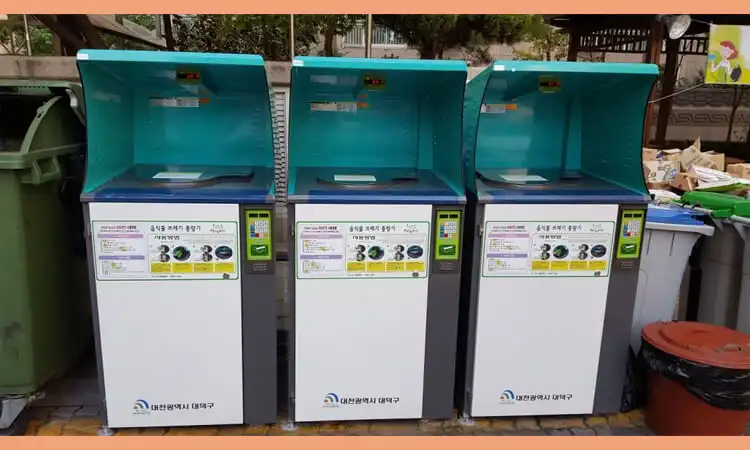
One of the key benefits of RFID food waste disposal systems is the data insights they provide. Organizations can achieve cost savings and enhance their reputation as socially responsible entities by optimizing resource use, reducing waste, and improving environmental performance. Moreover, by automating waste management processes through RFID technology, organizations can reduce manual labor, improve efficiency, and increase productivity.
RFID technology can also help organizations comply with waste regulations and reduce the risk of non-compliance. By tracking waste in real-time and providing accurate waste data, organizations can ensure they meet waste management standards and avoid fines or legal penalties. Additionally, RFID technology can contribute to the circular economy by enabling organizations to track and optimize resource use, reduce waste, and improve sustainability performance.
While there are challenges to implementing RFID food waste disposal systems, such as cost, compatibility, data security, and employee training, these systems have the potential to be a valuable tool for organizations looking to improve their waste management processes and embrace sustainable practices. By leveraging real-time data insights, RFID technology can help organizations reduce waste, improve efficiency, and contribute to a more sustainable future.
Related Articles: RFID Waste Management in the Circular Economy
RFID technology can help reduce costs during a food recall. This is achieved by enabling faster and more accurate identification of affected products. This can lead to a more targeted and efficient recall process, reducing the overall costs associated with the recall. Some of the specific costs that can be reduced include:
- Labor costs: RFID technology can help reduce the amount of time required to locate and remove affected products from the supply chain. Additionally, it can reduce the amount of labor required for these activities. With RFID, products can be quickly and accurately identified and sorted. This reduces manual inspections and data entry needs when managing inventory or responding to a recall. This can help save on labor costs associated with the recall.
- Transportation costs: By enabling more targeted and efficient recalls, RFID technology can help reduce the number of products that must be transported. This can help save on transportation costs associated with the recall.
- Inventory costs: With RFID technology, inventory levels can be tracked in real time. This allows for more accurate and efficient management of affected products, which can help reduce inventory costs and prevent waste. This can help reduce the amount of excess inventory that needs to be destroyed, resulting in lower inventory costs.
- Brand damage costs: The fast and accurate identification of affected products using RFID technology can help minimize the impact of the recall. Additionally, removing these products can help prevent further harm to consumers. This can ultimately help protect the brand’s reputation and reduce damage control costs for the business. This can help reduce the costs associated with lost sales, negative publicity, and damage to the brand’s image.
RFID Food Waste Disposal System Implementation
If you’re considering implementing an RFID-based food wastes management system, planning carefully to ensure success is important. First, you must evaluate your organization’s waste management goals and select the right hardware and software to achieve them. This involves assessing RFID tags, readers, and software solutions to ensure compatibility with your existing waste management processes.
Once you’ve chosen your hardware and software, the next step is to integrate the RFID system with your existing waste management processes. Depending on your organization’s needs, this may involve modifying waste collection procedures, providing employee training on the system, and establishing data collection, analysis, and reporting protocols.
While the cost of implementing an RFID food waste disposal system can vary depending on the size and complexity of your organization, research suggests that the benefits can outweigh the costs. An RFID system can help you optimize waste management processes, identify hotspots, and track progress toward waste reduction goals by providing real-time data insights. Additionally, the automation of waste management processes through RFID technology can reduce manual labor, improve efficiency, and increase productivity. Ultimately, implementing an RFID system can result in significant cost savings and improved sustainability performance.
Case Studies
Several organizations across different industries have successfully implemented RFID food waste disposal systems to reduce waste and improve sustainability. For instance, a large stadium in the United States installed an RFID system to track food waste in real time. The stadium reduced food waste by 75% by analyzing waste data, resulting in substantial cost savings and enhanced sustainability performance.
Similarly, a university in the United Kingdom implemented an RFID system to track food waste in its dining facilities. The system helped the university reduce food waste by 30%, resulting in cost savings and improved sustainability performance. Furthermore, the system helped the university comply with waste regulations and reduce the risk of non-compliance.
South Korea has implemented various methods for managing food waste, including RFID technology, to optimize the disposal process. Households and businesses must purchase special food waste bags, priced based on their size and weight, with costs ranging from about 100 KRW to 500 KRW per liter, depending on the region. Some local governments use a pay-as-you-throw system, charging households based on the amount of food waste generated. RFID technology enables efficient tracking and management of the waste generated, leading to less wasteful disposal practices and promoting sustainable waste management. With the help of RFID technology, South Korea can optimize its food waste disposal, reduce environmental impact, and encourage more responsible waste practices.
In another example, a food manufacturer in Japan installed an RFID system to track food waste during production. The manufacturer optimized production processes, reduced waste, and improved sustainability performance by analyzing real-time data insights. This led to significant cost savings and a more efficient and sustainable production process.
These case studies demonstrate that RFID technology can help organizations reduce food waste, optimize resource use, and improve sustainability performance. By leveraging real-time data insights, organizations can identify waste hotspots, monitor waste levels, and make informed decisions about waste reduction strategies. This can result in significant cost savings, improved environmental impact, and a more socially responsible approach to food waste management.
Future Outlook
The future of RFID waste solutions is promising, with a rising focus on sustainability and reduced waste. The global RFID waste management market is projected to reach $6.8 billion by 2027, driven by growing adoption.
Advancements in RFID technology, including the use of sensors and analytics, will further enhance the capabilities of these systems. For instance, sensors can monitor waste levels in real-time, while analytics can provide valuable insights into waste reduction opportunities.
Moreover, the circular economy approach, which emphasizes reducing waste and promoting sustainability, is gaining traction. RFID food waste disposal systems can help organizations achieve circularity goals by reducing waste and promoting resource efficiency. Organizations can use real-time data insights to identify waste hotspots, optimize waste management processes, and promote sustainable practices.
Another trend is using blockchain technology to increase transparency and traceability in waste management. Using blockchain, organizations can track waste from the source to the disposal stage, ensuring that waste is managed efficiently and sustainably. This can help organizations achieve their sustainability goals and enhance their reputation as socially responsible actors.
RFID food waste disposal systems are a critical tool for organizations looking to reduce food waste and achieve their sustainability goals. With real-time data insights and advanced technology, these systems can help organizations optimize waste management processes, improve efficiency, and reduce costs. As sustainability becomes a top priority for businesses and consumers, adopting RFID-based food wastes management systems is expected to increase, making them an essential component of a comprehensive waste reduction strategy. By leveraging the benefits of RFID technology, organizations can contribute to a more sustainable future and promote a circular economy.
About RFID Food Waste Disposal System FAQs
-
What is an RFID food waste disposal system, and how does it work?
An RFID food waste disposal system is a waste management system that uses radio-frequency identification (RFID) technology to track food waste in real time. RFID tags are attached to waste containers or bins, and RFID readers are installed in waste management areas. The tags and readers communicate with each other wirelessly, providing real-time data insights into waste levels, location, and type.
-
Can RFID technology be integrated with other waste reduction initiatives?
Yes, RFID technology can be integrated with other waste reduction initiatives, such as composting and recycling. By combining these initiatives, organizations can achieve their waste reduction and sustainability goals more efficiently and effectively.
-
How can RFID food waste disposal systems help organizations comply with waste regulations and reduce the risk of non-compliance?
RFID food waste disposal systems can help organizations comply with waste regulations by tracking waste in real time and providing accurate data insights. By tracking waste from the source to the disposal stage, organizations can ensure that waste is managed efficiently and sustainably, reducing the risk of non-compliance.
-
How can organizations ensure the data collected by RFID food waste disposal systems is secure and protected?
Organizations can ensure the data collected by RFID food waste disposal systems is secure and protected by implementing data security measures, such as encryption, access controls, and data backup strategies. Additionally, organizations can work with reputable RFID vendors who prioritize data security and have established data privacy policies.
-
Can RFID food waste disposal systems be used in different industries?
Yes, RFID food waste disposal systems can be used in different industries, such as hospitality, healthcare, or retail. Any organization that produces food waste can benefit from using an RFID food waste disposal system to optimize waste management processes and improve sustainability performance.


